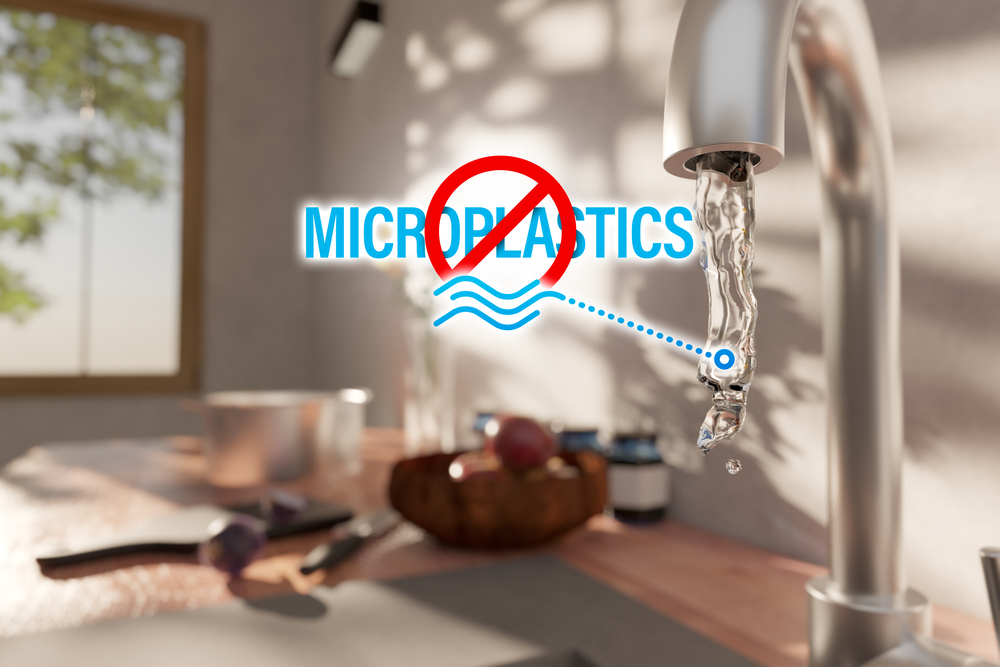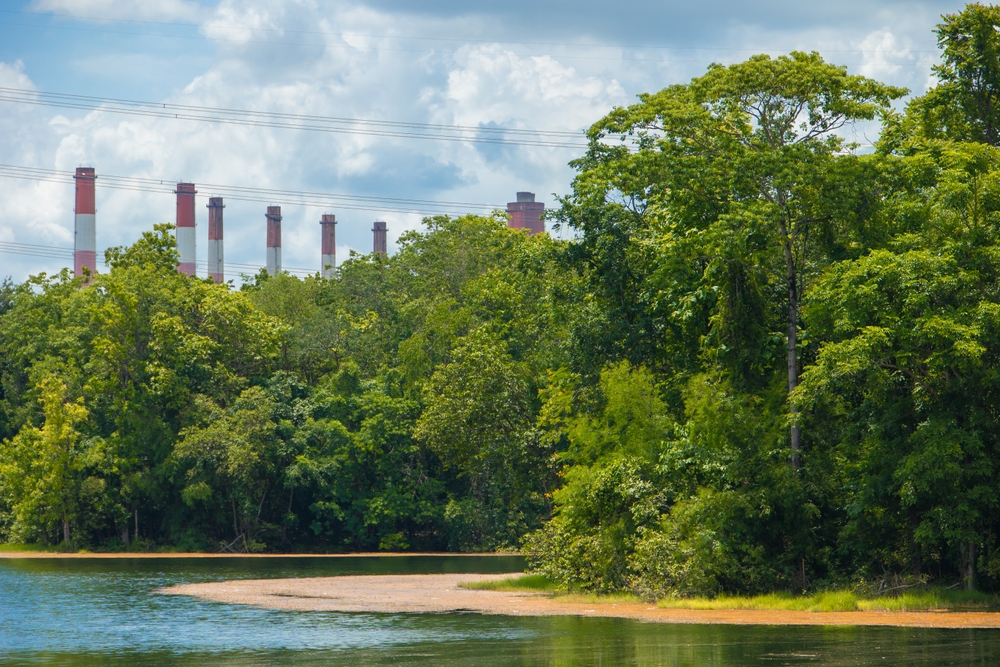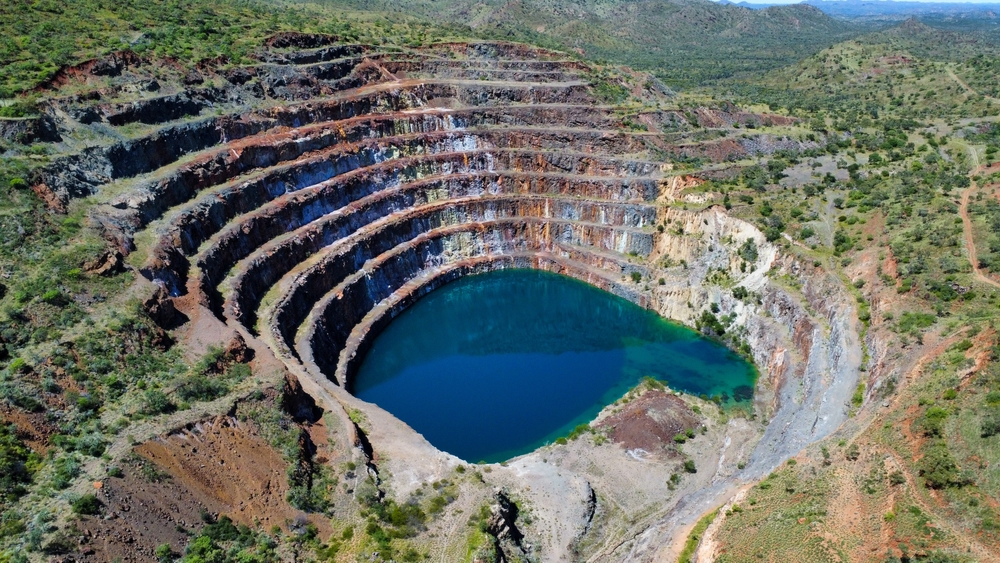ENVIRONMENTAL WATER TESTING AND BORE MONITORING SERVICES

Ensure safe and compliant environmental water testing across Perth, Brisbane, and Sydney. SERS provides bore water monitoring, surface water sampling, and regulatory reporting for construction, mining, and industrial projects.
What is Water Testing And Bore Monitoring?
A subset of environmental monitoring services, water testing and bore monitoring checks the quality of water derived from a certain source, based on physical, chemical, and biotic parameters. This helps establish the suitability of the water source for activities such as drinking, irrigation, and industrial processes.
At SERS, we provide water testing based on the following parameters:
- pH
- Salinity
- Chloride
- Sodium
- Nitrate
- Sulphate
- Heavy Metals
- Hardness
- Electrical conductivity
- Saturation index
- Absorption ratio
Further, we also check the pathogen levels, such as those for E. coli, Giardia, or amoeba, to determine suitability for drinking.
Our water quality testing process includes the following:
- Field Sampling: We use specialised equipment and conduct all sampling according to strict procedures.
- Laboratory Analysis: All samples collected in the field go through extensive testing in NATA-accredited laboratories.
- Hydrometric Services: We monitor the hydrological cycle and its effects on the aquifer levels, water flow, and quality.
- Data Analysis: We conduct a comprehensive analysis of the water samples collected in our laboratories. We carefully assess quality and a number of other factors.
- Detailed Reporting: Results from our analysis are then compiled into reports with all the relevant information.
Importance of Water Testing and Bore Monitoring
With routine water testing and monitoring of bores, the following can be achieved:
- Protecting public health and wellbeing.
- Identification of any contaminants present in a water source.
- Promoting sustainability by taking measures and monitoring for contamination.
- Adhering to regulations set by the national and local authorities in Australia.
Types of Water Testing Services We Offer
To ensure that the water available is safe and the effect of your industrial activities on both ground and surface water is minimised, SERS offers the following water testing services:
-
Potable Water Testing
To ensure that the groundwater drawn is safe for human consumption and meets the Australian Drinking Water Guidelines (ADWG), potable water testing is necessary.
-
Groundwater & Bore Water Testing
This monitors the levels of salinity, pH, metal, hydrocarbon, and other dissolved matter in groundwater drawn through borewells. This checks the suitability of bore water for irrigation, livestock, or site use, making it an essential service.
-
Surface Water Monitoring
Water from dams, rivers, lakes, and other waterbodies is often used in construction projects. This makes real-time turbidity and contaminant assessment essential, which in turn necessitates surface water monitoring.
-
Wastewater & Effluent Testing
Effluents from industries, industrial projects, and other sources need to be treated to remove contaminants before reuse or disposal. Further, routine wastewater and effluent testing helps keep up with compliance standards.
Our Water Bore Monitoring Process
SERS conducts a site assessment and monitoring plan for your water bore. Using reliable sample collection methods (low-flow, grab sampling), water samples are collected from the source. Then, these are sent for laboratory analysis with NATA-accredited labs. Further, we offer long-term bore monitoring with data trends and alerts.
In terms of water bore monitoring, SERS takes up the following processes:
-
Bore Water Testing
To ensure the safety of bore water, it needs to be tested periodically. We test bore water sources to find elements like pathogens, pesticides, and heavy metals at a NATA-accredited laboratory. This ensures you drink water from sources that are safe.
-
Hydrogeological Assessments
Hydrogeological Assessments help study groundwater resources in a particular area. This is usually conducted in an area before drilling a borehole to analyse if there is enough groundwater in the site or identify any necessary issues. Through hydrogeological assessment, SERS helps you choose the right place for drilling a borehole.
-
Aquifer Testing
Aquifer testing involves drilling boreholes, extracting or adding a limited quantity of water to said boreholes, and then studying the changes in the groundwater layer. This test helps understand the condition of the groundwater layer and its resources.
-
Groundwater Level Monitoring
Water bore monitoring keeps a check on the groundwater level and determines the perfect spot for drilling a borehole. Continuous monitoring of the groundwater level also helps to understand if there is an imbalance between the groundwater reserve and extraction.
-
Investigation of Contamination
Owing to activities like agriculture, mining, and industrial projects, gasoline, oil, and other chemicals can leach into the groundwater and contaminate the source, making it dangerous to consume. SERS not only conducts contamination investigations but also provides remediation services in case of groundwater contamination.
Additionally, by using LiDAR, we conduct bathymetric surveys to measure the water levels, map water bodies, understand their topography, and even detect the presence of certain substances within the water.
Key Considerations for Water Quality Monitoring
For effective and accurate water quality testing and monitoring, and occupational water sampling, the following needs to be considered:
-
Groundwater Contamination Risks
Groundwater contamination often occurs due to the leaching of surface chemicals. Safe sample collection methods are used by SERS to avoid any chances of cross-contamination.
-
Seasonal Variations and Drought Impacts
Drought increases salinity levels in a water body and also alters the level of dissolved matter in water sources. Thus, seasonal variations need to be accounted for when testing water quality.
-
EPA and Council Regulations by Region
The standards set for the water quality and testing vary as per the activity in question, and also at times with the region. At SERS, we use testing methods and standards that adhere to both local and EPA standards for water quality monitoring.
-
Depth of Aquifer, Location, Proximity to Contaminants
Shallow aquifers have higher chances of carrying contaminants compared to deeper ones. Further, the proximity of contaminant sources such as industries, agricultural land, etc. can affect the quality of water in said aquifer.
Areas We Serve
Water testing and bore monitoring services by SERS are available across all major locations in Australia, like Brisbane, Perth, and Sydney. We offer efficient and accurate water testing services that help maintain safety as well as regulatory compliance.
Water Testing in Perth
Bore water in Western Australia suffers from high levels of iron and hardness. SERS offers bore water testing in Perth, WA, for residential and industrial locations, agricultural zones, and other projects that draw from groundwater.
Water Testing in Brisbane
Surface runoff entering water bodies and groundwater is a major concern in industrial locations, particularly during storms and other events. We help you maintain compliance with Queensland EPA and DNRM guidelines via water testing in Brisbane.
Water Testing in Sydney
In Sydney, water monitoring services are essential for construction and infrastructure projects. With SERS, you can avail of prompt water monitoring and testing services that support the environmental impact assessments (EIA).
Technology and Tools We Use
At SERS, we use automated samplers and probes that collect water for regular monitoring. This real-time monitoring method allows responsible authorities to take prompt action.
Samples collected from the water sources are sent to the lab to test for pH, Electrical Conductivity, and dissolved materials. DO meters and lab-grade equipment provide a thorough water quality analysis for the sample.
Further, GIS mapping of water bore points and historical trend tracking gives access to past data regarding the particular water source.
Reporting and Compliance Support
To make sure that your water source is able to meet all reporting and compliance requirements, SERS provides:
- Full analytical reporting along with NATA certification.
- Ongoing reporting and monitoring for regulatory agencies.
- Easy-to-read summaries for project managers.
- Inclusion in Environmental Management Plans (EMP).
Common Testing Requirements
Based on the purpose of the water taken from the source in question, the testing parameters and requirements include:
- Physical tests to check turbidity, colour, and odour of the water.
- Chemical tests that measure pH, salinity (EC), fluoride, iron, manganese, nitrates, and nitrites.
- Tests to check for microbes such as E. coli and total coliforms present.
- Site-specific tests for heavy metals, pesticides, and hydrocarbons, as per EPA and local norms.
- Tests set by the Australian Drinking Water Guidelines (ADWG), NHMRC, and local environmental standards.
Industries We Serve
Some of the industries that SERS’ water testing and bore monitoring services serve include:
Construction and Civil Infrastructure
Water is a necessity during civil projects, both during the construction phase and after commissioning. Thus, a comprehensive water quality test is a must before commencing a civil infrastructure project.
Agriculture and Irrigation
Those engaging in farming and associated activities use groundwater and/or surface water for irrigation. Clean, safe water is necessary for a good crop and livestock, which makes regular water testing and monitoring essential.
Mining and Quarrying
Mining often leads to the runoff of heavy metals and other chemicals into nearby water bodies and into the groundwater. This makes regular water testing and water bore monitoring essential.
Local Councils and Environmental Agencies
To keep a check on pollution levels, local councils and environmentalists take up periodic water testing, occupational water sampling, and continuous bore water monitoring.
Who Should Opt for Water Testing?
Water testing and water bore monitoring are a must for the following people/ groups:
- Property owners are using bore water.
- Developers or builders are preparing their sites.
- Environmental engineers and planners.
- Rural and agricultural landowners use water for irrigation.
- Industrial facilities discharging or reusing water.
Contact SERS for Water Testing And Bore Monitoring
Looking for a reliable partner for water testing? With state-of-the-art equipment, SERS offers water testing and bore monitoring in key locations across Australia, such as Perth, Sydney, and Brisbane.
For accurate and environmental standards compliant water testing and water bore monitoring, get in touch with us or fill in the contact form.
Check out our other services: Environmental Monitoring Services, LiDAR, and more.
FREQUENTLY ASKED QUESTIONS
In Australia, bore water should be tested annually or at least once every two years. Further, immediate testing is recommended if any changes are observed in the water.
Surface water testing accounts for both biotic and abiotic contaminants, which include pathogens, chemicals, and other pollutants. Thus, testing includes sampling and analysis of surface water.
In groundwater testing, the main pollutants are heavy metals, nitrates, and other chemicals that may have leached into the water source. Further, groundwater calls for water bore monitoring and hydrological testing to check aquifer levels.
Water testing requires lab-grade equipment and cannot be effectively done at home. The best way to check for water quality levels is by looking for water quality testing near you and contacting a suitable service provider, such as SERS.
In potable water, the parameters checked include pH, color, odor, turbidity, TDS, electrical conductivity, hardness, heavy metals, chloride, sodium, nitrate, sulfate, and the presence of pathogens. Additionally, in bore water mineral content, TDS, hydrogen sulphide, and contamination need to be checked.




